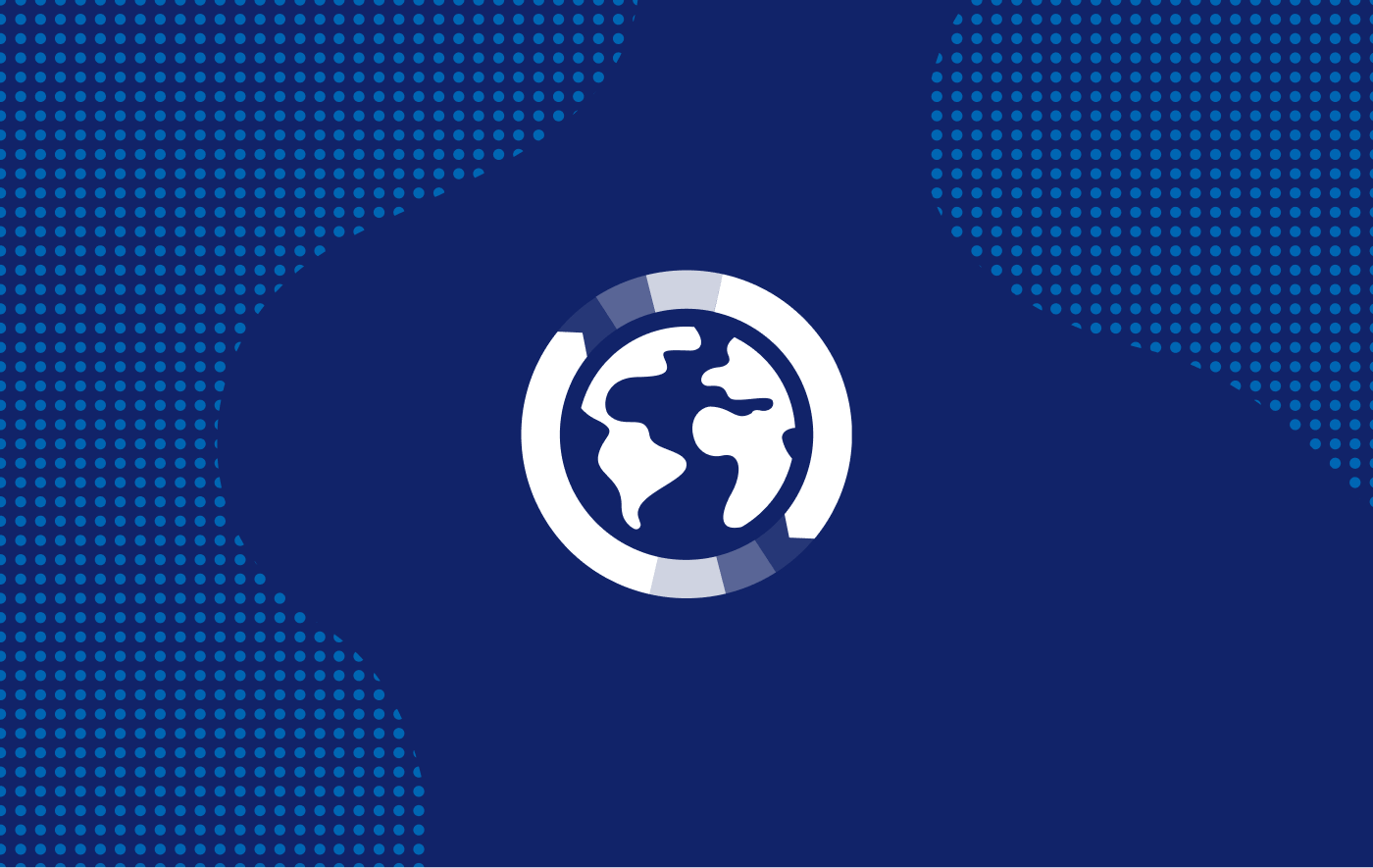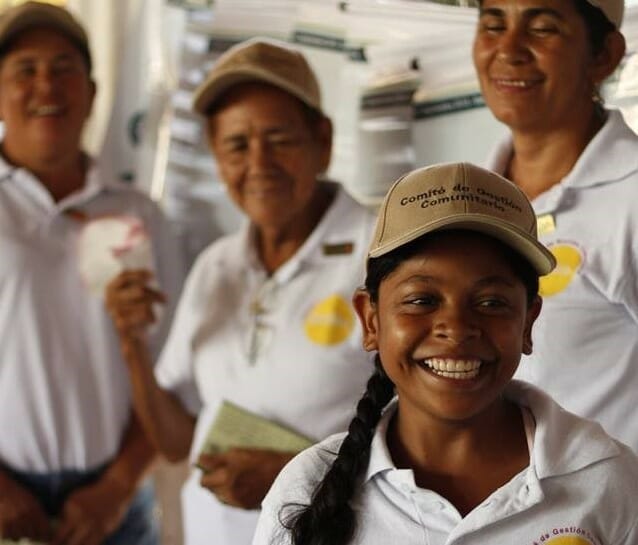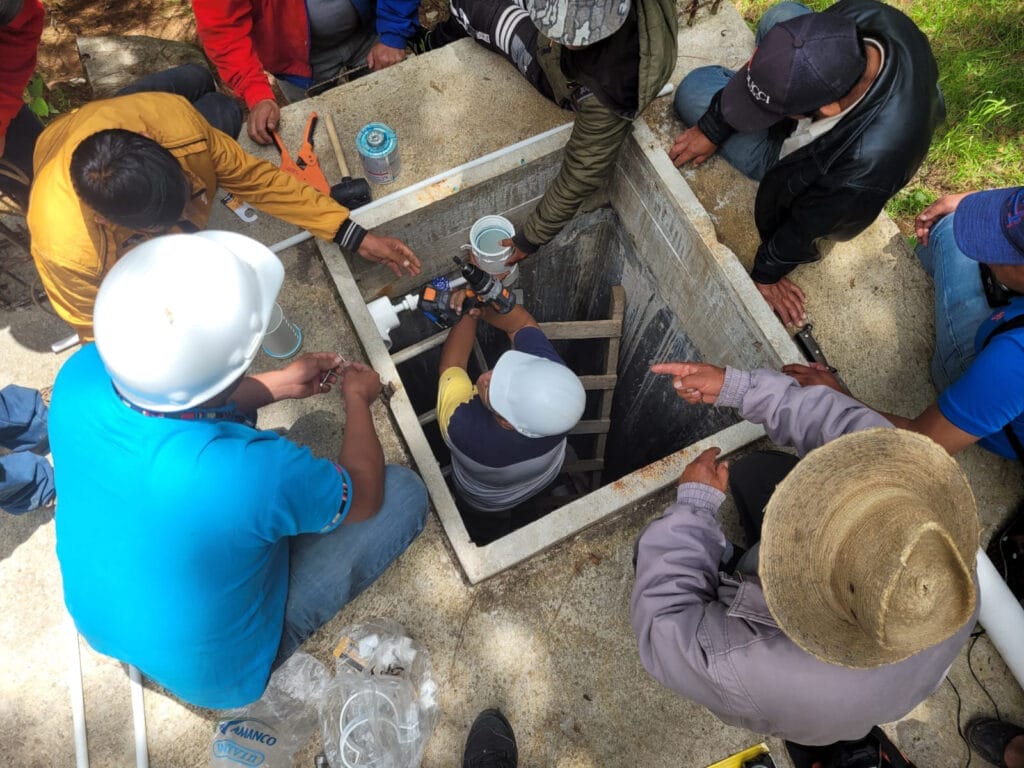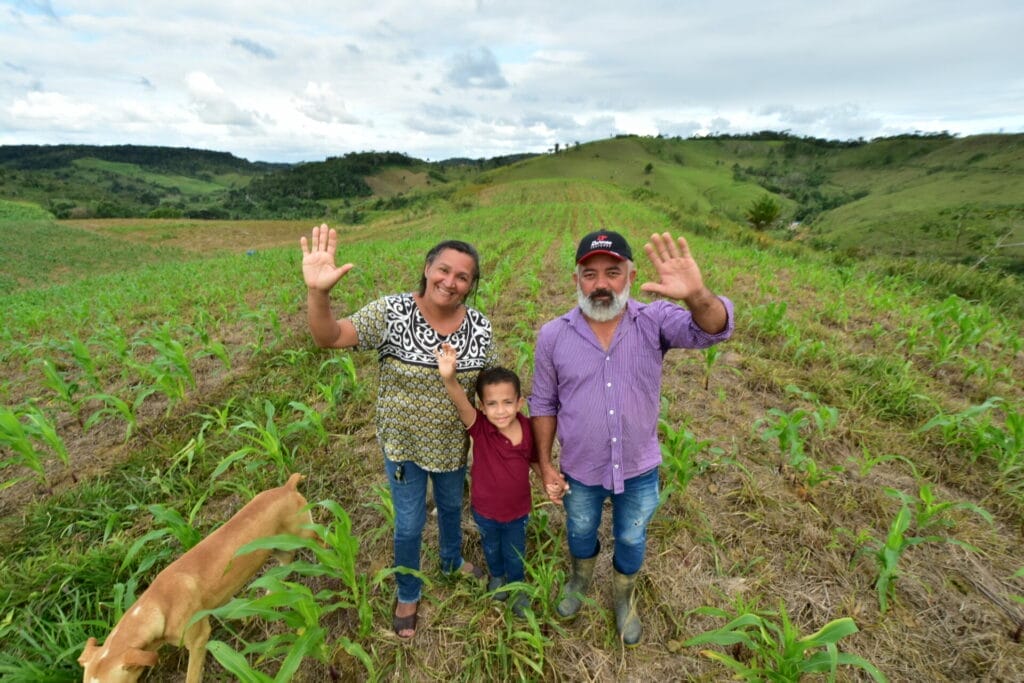Since 2001, Global Communities has partnered with the Government of Colombia and Colombian communities to help citizens recover from shocks and conflict through sustainable programs that advance the social, economic and well-being of its people.
Political and narcotic-driven violence has deeply affected Colombia for 50 years, resulting in an estimated 4.5 million displaced people and many more victims of conflict. After the signing of the 2016 Peace Accords, the conflict officially ended and consolidation is now underway, albeit slowly. Security has improved; however, there are still pockets of violence affecting the country, which is at a critical juncture in its rebuilding process.
Colombia is also affected by a variety of disaster risks, from geological risks such as landslides, earthquakes and volcanoes to flooding. These risks are exacerbated by a very high urbanization rate of 80 percent.
As rural residents have moved to cities, they have increasingly occupied high-risk areas such as steep mountainsides or flood plains. Moreover, most of this urbanization is occurring at a faster pace than can be managed by local authorities, resulting in settlements that develop informally without any planning, and many houses built using weak construction methods. Global Communities uses a neighborhood-based approach to build safe, resilient communities prepared in advance of the next disaster.
Climate & Disaster Risk Insurance in Medellín
In a public-private partnership designed to increase resilience in communities susceptible to natural catastrophes, Global Communities is working with the Insurance Development Forum and the InsuResilience Solutions Fund to develop natural disaster risk insurance with the City of Medellín. The project objective is to develop new, tailor-made and sustainable climate and disaster risk insurance protections, focusing on increasing the climate and natural disaster resilience of poor and vulnerable populations. This innovative partnership will provide needs-based and financially sustainable climate risk insurance products tailored for the municipality of Medellín and foster an enabling environment for the development of climate-risk insurance products in Medellín, scalable in the future to surrounding areas.
Supporting conflict-affected communities in Colombia
The ANDA program makes one fall in love and become passionate. It makes us feel important. This has been one of the most valuable things the program has done: to make people feel important.
- Yudis Cavadia, ANDA program participant
Recent Programs
Breaking the Cycle of Poverty
To reduce poverty and increase the resilience of vulnerable population groups in Colombia, BHP Billiton Sustainable Communities contracted with Global Communities to implement the Colombia Resilience Program, referred to as ANDA, from 2013-2019. In partnership with local communities, Global Communities implemented a concentrated and integrated development approach in 43 rural communities and six municipalities in the department of Córdoba and in the municipalities of Cartagena and Montería. Through the program, Global Communities addressed the root causes of poverty and facilitated opportunities for families to break the cycle of poverty and become self-sufficient.
ANDA built resilience in 43 communities by strengthening the social fabric and increasing access to basic services for over 52,558 individuals and economic opportunities for a total of 17,037 people. Overall, ANDA improved the quality of life in the 43 communities by reducing the level of poverty by 8.8 points in the Government of Colombia National Planning Department’s Multidimensional Poverty Index. Seeking long-term sustainability, ANDA strengthened the institutional capacity of six local governments in the department and over 60 civil society organizations working in the region. In the cities of Montería and Cartagena, we emphasized a market-driven approach to increase formal employment and support entrepreneurship, improving the quality of life of over 5,547 individuals and enabling families to accumulate assets and savings while reducing the impact of future shocks. In response to increasing climate impacts in the region, ANDA’s cross-cutting environmental resilience strategy strengthened communities and local governments’ capacity to identify and analyze local vulnerabilities and risks and design mitigation and adaptation measures.
Reducing the Risks of Disasters in Urban Neighborhoods
The Conocimiento y Reduccion de Riesgos (Knowledge and Risk Reduction) program worked with public and private actors to reduce vulnerability to landslides, earthquakes, flooding and fire-related disasters in urban neighborhoods of Medellín. Funded by the U.S. Agency for International Development's Office of Foreign Disaster Assistance, the program improved disaster management by using the Neighborhood Approach, a solution Global Communities piloted in Haiti, to emphasized resident participation in disaster planning and preparedness through hazard identification and disaster risk reduction infrastructure and economic recovery and market system interventions.
Integrated Assistance to Victims of Conflict
From 2001 to 2017, with funding from the U.S. Department of State, Global Communities assisted internally displaced persons and victims of conflict by partnering with the Government of Colombia and civil society organizations to strengthen their ability to implement new policies and laws set up to assist returnees and victims of violence, while continuing to address immediate humanitarian needs. At the same time, with funding from the U.S. Agency for International Development, (USAID) Global Communities worked to strengthen the capacity of Government of Colombia institutions and other actors to develop tools, systems and skills to resolve land issues and restore land to victims of conflict.
Increasing Access to Finance
Express Microfinanzas was Global Communities’ microfinance institution in Colombia between 2004-2017. Express Microfinanzas began in 2004 as “Microdes,” part of a larger USAID-funded income generation program implemented by Global Communities. By its completion, the entity had nearly 8,000 clients and a portfolio of $9 million. Of those clients, the repayment rate was more than 96 percent. Express Microfinanzas operated in the heart of the Kennedy locality in southwest Bogota, the most populous locality in the city, where its clients lived and worked. Express Microfinanzas’ staff reflected its clients – 57 percent were women – and its 90 employees were recruited from the local communities and trained in our specific approach to lending, to ensure that we met both financial and social needs. In November 2017, Global Communities sold Express Microfinanzas’ portfolio to Banco W, a Colombian bank with a strong commitment and history in serving low-income Colombians. Express’ clients gained access to Banco W’s wide range of loan and savings services.
Our Work in Colombia
Expanding Economic Opportunity
Supporting Small and Medium-Sized Businesses and Community Savings and Lending Groups
Economic Opportunity
Advancing Job Training and Market Linkages for Sustainable Livelihoods
Resilience
Enhancing Food Security, Sustainable Agriculture and Water Management in Climate-Affected Communities
Financial Inclusion
We deliver essential solutions to complex development challenges, resulting in a more just, prosperous and equitable global community.
Sustainable Development
Standing with Communities as They Shape Their Own Future
Resources
Briefs & Case Studies
Addressing Sanitation Market Challenges
Through the Enhancing Water, Sanitation, and Hygiene (En-WASH) program, USAID Ghana is helping to increase access to sustainable and affordable sanitation in six regions of northern Ghana by identifying solutions to motivate the private sector to work towards closing the service delivery gap.
NEWS
Latest stories from the blog

Promoting Evidence-Based Approaches to HIV: Our Posters at AIDS 2024
By Paula Rudnicka, Sr. Manager for Public Affairs In July 2024, more than 11,000 people attended AIDS 2024 – the largest gathering on HIV and …
Read More
Adapting for the Future Defined by Locally-Led Development: A Q&A with Our President Carrie Hessler-Radelet
By Paula Rudnicka, Sr. Manager for Public Affairs. Video production by Kallista Zormelo and Michael Kamel. Localization is one of the most significant movements shaping our …
Read More



